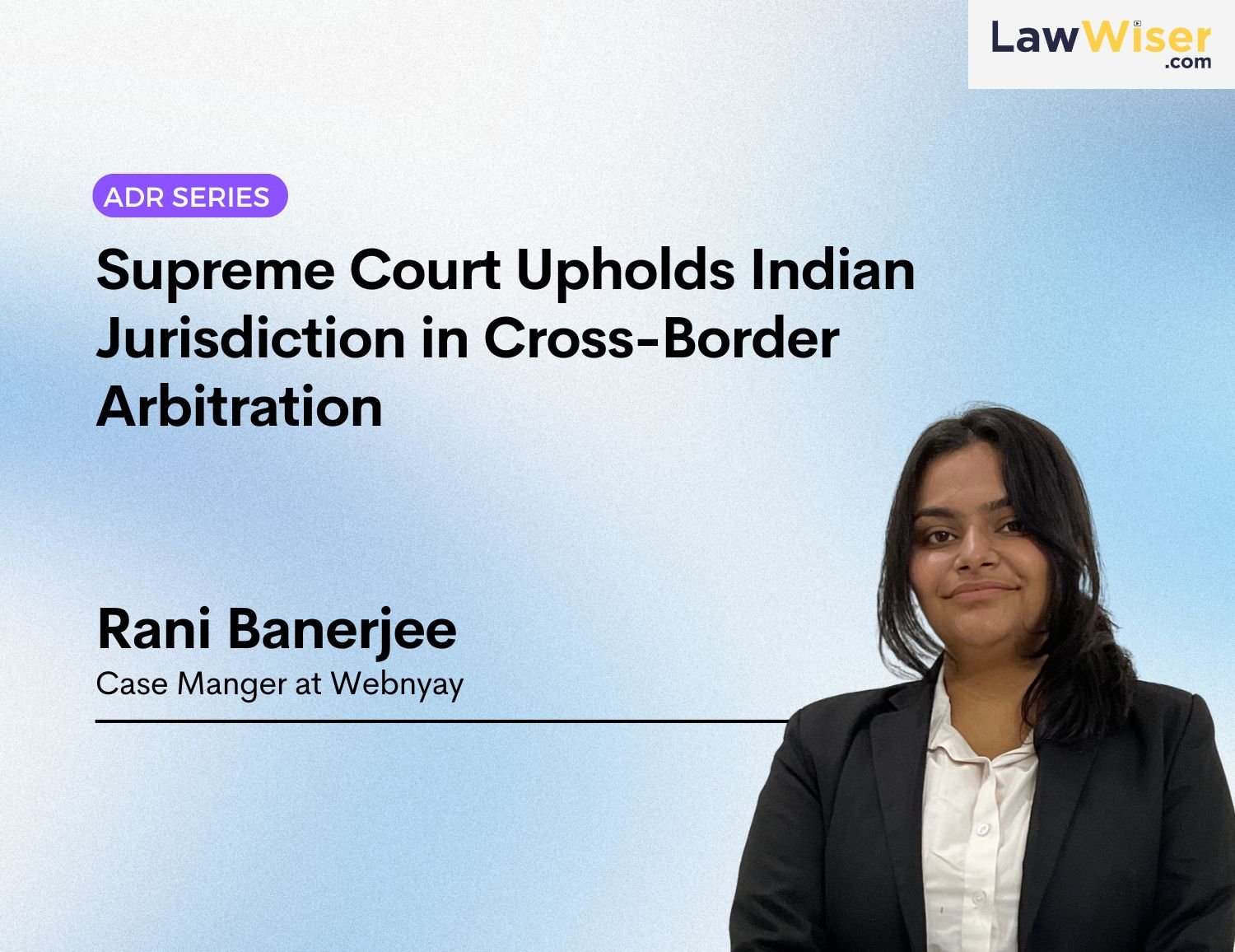Introduction
The landlord-tenancy relationship is governed by several laws that outline the rights and responsibilities of landlords and tenants and protect their interests. These include the Transfer of Property Act, 1882, the Rent Control Act, 1958, the Model Tenancy Act, 2021, and so on. Several rights accrue to an individual as and when he becomes a homeowner and decides to rent his property such as provisions for maintenance of the property, payable rent, and security deposit among others. In such a case, it becomes crucial for the homeowner to be aware of these rights to protect his interests.
Maintenance of Property
As per law, maintenance of the rented property is a joint responsibility of the tenant and the owner, which is often mentioned in the Rental Agreement. The Model Tenancy Act of 2021 (“MTA”) provides the format of a standardized Rental Agreement and also defines the rights and responsibilities of the landlords and the tenants. Per Section 15 of this Act, the landlord is responsible for maintaining the rented property in a habitable condition, making necessary repairs, and ensuring that the property complies with building and safety regulations. The tenant is responsible for reasonably using the property and not causing any damage to the property. The Second Schedule of the Act also provides a division of the repairs between the landlord and the tenant.
For example, the landlord is responsible for repairing the amenities or facilities provided, primarily during the moving-in period, while the tenant is responsible for repairs of any damaged property. This law also ensures that neither the tenant nor the owner can make substantial changes to the property without notice and approval. If a tenant refuses to maintain or pay for any damage caused by him, it can be covered by deducting the amount from the security deposit.
Rent Payable
According to Section 8 of MTA, the rent payable for particular premises is the amount as agreed upon between the landlord and the tenant as per the terms and conditions of the tenancy agreement. Once this amount is fixed, the owner cannot seek any additional amount. Furthermore, the owner cannot increase such an amount for the period as decided in the contract and any further increase can be made only after providing notice. The rent of particular premises is usually determined based on the size and design of the premises, the amenities provided, and the area or locality where the premises are situated. These determinations can vary from state to state and hence, it is advisable to check the laws applicable in the specific state.
Security Deposit
According to Section 11 of MTA, the landlord cannot charge a security deposit that is more than two months’ rent, in the case of residential premises and six months’ rent, in the case of non-residential premises. However, it also depends on the applicable laws in specific states. Furthermore, both parties, i.e., the landlord and the tenant must agree on the amount of security deposit to be paid in advance from the very beginning and this should be mentioned in the rental agreement as well.
The landlord is obligated to refund the security deposit to the tenant on the date when the tenant vacates the premises and gives the possession back to the landlord, after making any deductions of any liability of the tenant. However, such deductions must be agreed upon by both parties.
Conclusion
It is evident that when a rent or a lease agreement is entered into between a homeowner and a tenant, it gives rise to several rights and obligations of both parties. Several laws lay down and govern such rights and liabilities, in addition to the specifications provided in the agreement between both parties. Furthermore, it can also be seen that a landlord-tenant relationship gives rise to several joint responsibilities, such as that of maintenance of the premises, ensuring that there is no damage, conducting proper and adequate repairs, and so on. In addition to these responsibilities, the provisions such as the rent payable and the amount of security deposit have to be agreed upon between the parties, albeit within the outer limits laid down by applicable laws.



 November 10, 2023
November 10, 2023








 July 7, 2025
July 7, 2025 0 COMMENTS
0 COMMENTS



